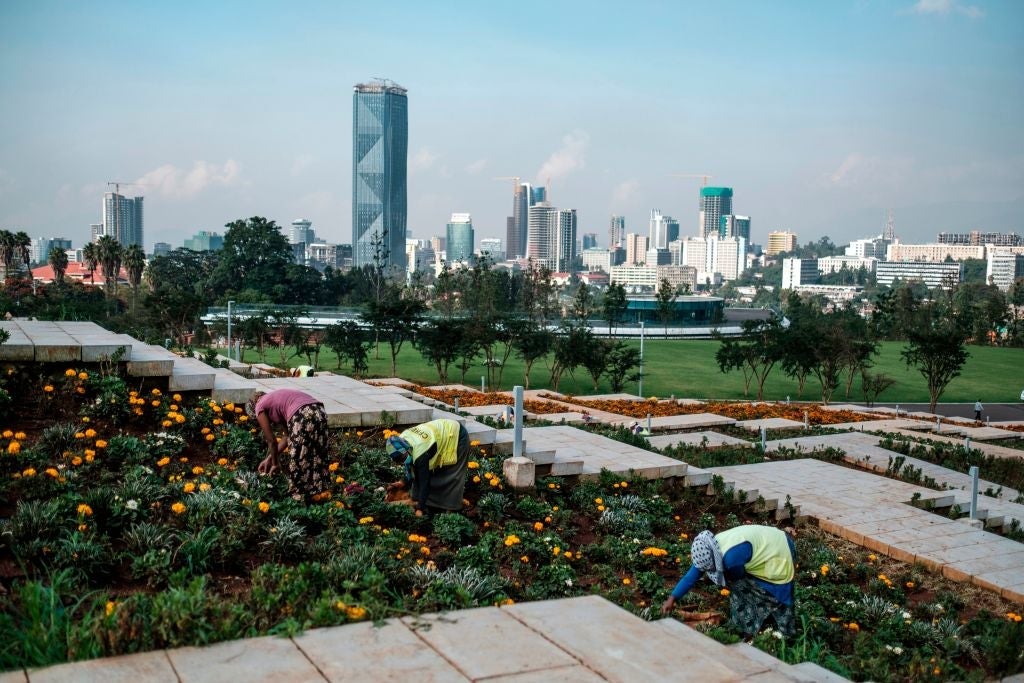

One of the top five host economies in Africa in 2019, Ethiopia saw a decline in foreign direct investment (FDI) inflows during 2020 as a result of the Covid-19 pandemic, although they were still substantial, according to the UN Conference on Trade and Development’s Investment Trends Monitor.
Flows still reached $2.1bn in 2020 amid the pandemic, a decline of 17% from 2019, with investments taking place in the manufacturing, agriculture and hospitality sectors.

Access deeper industry intelligence
Experience unmatched clarity with a single platform that combines unique data, AI, and human expertise.
Ethiopia has an ambitious plan to become a middle-income country by 2025, and the government led by Prime Minister Abiy Ahmed announced its Homegrown Economic Reform Plan in 2019, backed by a $3bn three-year programme approved by the International Monetary Fund.
Ethiopia invests in tools to track FDI
In January 2021, the Ethiopian Investment Commission announced a new FDI tracking tool, the result of a collaboration with the Partnership for Investment and Growth in Africa project, part of Manufacturing Africa, which itself is a programme devised by the UK’s Foreign, Commonwealth and Development Office.
This new tool will track investments and key indicators, as well as “store information on actual investment inflows, and enable analysis and the reporting of investment data in any desired format”, according to a press release.
A US Department of State 2020 Investment Climate Report on Ethiopia highlights that although economic growth estimates for the country have experienced a downward revision in light of the Covid-19 pandemic, “growth prospects for Ethiopia remain better than those for most sub-Saharan African nations”.

US Tariffs are shifting - will you react or anticipate?
Don’t let policy changes catch you off guard. Stay proactive with real-time data and expert analysis.
By GlobalDataThe report points to China, Saudi Arabia and Turkey as the countries that bring the largest volumes of FDI to Ethiopia.
Land ownership in Ethiopia lays with the state, there is no private ownership, but it can be leased for up to 99 years. “Successful investors in Ethiopia conduct thorough due diligence on land titles at both the regional and federal levels and undertake consultations with local communities regarding the proposed use of the land,” says the US Department of State report.
Politically, however, the country’s conflict in the Tigray region, which escalated in November 2020, adds to the instability of the area.
FDI in Ethiopia has taken a hit from the Covid-19 pandemic, but seems to be holding on, and the government is betting on it as part of the country’s future. However, there is still a long road ahead for post-pandemic economic recuperation and the country’s ongoing conflict in Tigray will not make it easy either.






